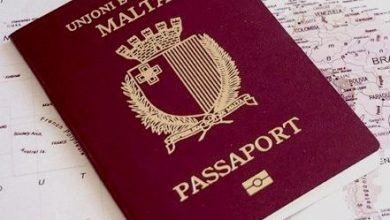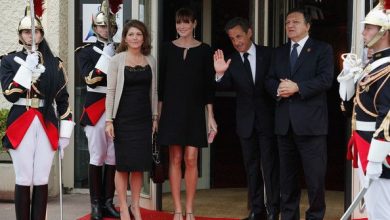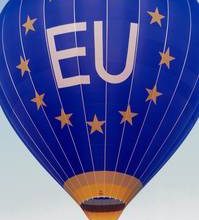Complete rejection of the idea of Turkey joining the EU
In Austria, the positive aspects of the reception of Turkey are not covered. This is evidenced by the results of one study.
The authors of a recent study ventured to look into the future, in 2015. And they suggested this scenario: Turkey meets all the criteria necessary for joining the EU. As announced in 2008, a referendum is being held in Austria on the country’s accession to the EU. Boulevard newspapers incite citizens to say a definite no. The Austrian Freedom Party once again provokes a wide public outcry with its anti-Islamic statements.
95% of the population vote against Turkey joining the EU. 10 years after accession negotiations, the EU is plunging into a new political crisis. Thousands of foreign journalists gathered in Vienna, including 900 from Islamic states. CNN and Al Jazeera conduct a survey among miners in Tyrol and taxi drivers in Klagenfurt, asking them the following question: “What do you have against the Turks?”
A scenario that is far from reality? But not for the European Stability Initiative, a reputable think tank with branches in Berlin, Brussels and Istanbul. In his new study, “The Unknown Turk and the Future Referendum – The Anatomy of an Austrian Debate,” the authoritative analytical center deals with just this scenario and its possible causes.
It’s about culture, not religion
It is not the difference in religious beliefs that comes to the fore. According to the results of the study, for 60% of respondents, the religious aspect is not important when a country joins the EU. And only 28% of respondents consider Europe a “Christian fortress.” Most likely, we are talking about culture and identity: for 74%, Turkey is simply not a “European state.”
About the same number of respondents consider that there are too many cultural differences. On average, about 54% of respondents in the EU think so. Because of this “labeling,” the possible positive aspects of Turkey’s accession to the EU, which are hotly debated in other EU countries, fall outside the scope of the debate: this applies primarily to the economic and security aspects – Turkey is a “soft power” “(soft power) in the Middle East.
The author of the study, Herald Knaus, believes that the main reason for the acutely perceived “alienness” is the lack of information about modern Turkey in schools: “Austrian schoolchildren do not know anything about the Turkish Republic. In history books, the country is mentioned only in connection with the wars in Turkey.”
Facts: only 5% of Austrians support the idea of Turkey joining the EU. A strong downward trend is evident, since in 2002 it was another 32%. In addition, respondents are confident in their answers – the number of those who are not sure of their attitude to this issue is only 7% – very few. For comparison: in Sweden, 46% are positive about Turkey’s accession to the EU, with 22% known for its skepticism about the expansion of France. Even in the Republic of Cyprus, a long-time sworn enemy of Turkey, 19% of respondents agree with the country’s accession to the EU.
In Austria, political debate has greatly affected public opinion. This is evidenced by the results of previous surveys. Until 2002, the Austrians, as sociologists say, did not see much difference whether it was a question of accession to the European Union of Bulgaria, Croatia or Turkey itself.
“Politicians are hiding”
The turning point, the authors of the study believe, was 2004, when the Socialist Party of Austria took up the topic of Turkey. As an opposition party, she accused the government of doing too little to counteract the start of Turkish accession negotiations. Very quickly, already outside the framework of the party, a front was formed in support of the referendum in the event of positive negotiation results. In December 2004, Chancellor Schüssel promised a referendum; Chancellor Gusenbauer, who succeeded him, began to adhere to the same line. All other candidates for entry into the Balkans – from Croatia to Macedonia – were not affected. The accession of these countries is supported by official Austria.
For the author of the Knaus study, the referendum appears to be a scenario for a horror movie: “Politicians are hiding behind the referendum. No one says that this is a bad idea. But an anti-campaign company with an Islamophobic subtext would become a diplomatic catastrophe.”
In fact, Austria may not be alone in deciding to hold a referendum in 2015. The French Constitution provides for the same requirements for any candidate for membership. But this will not last long, Knaus believes: “The French are considering the possibility of changing the constitution.”
In Austria, by contrast, the ranks look very close-knit: since 2005, not a single member of the government has been seen in Ankara. The lone voice that is heard in Vienna in support of Turkey’s accession to the EU comes from the Turkish ambassador to Austria.
This post is also available in:
 English
English  Русский (Russian)
Русский (Russian)





